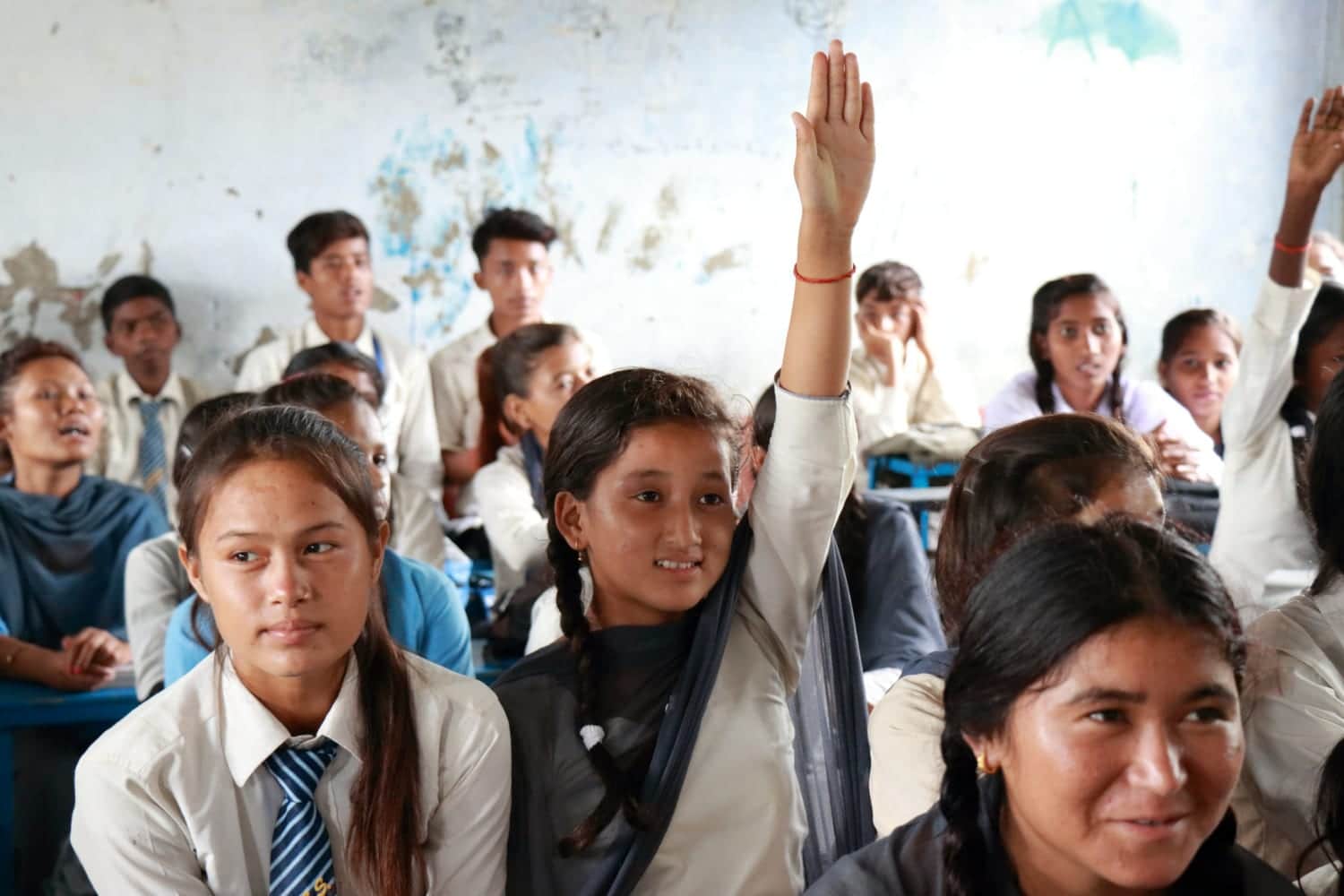

A holistic, learning-centred approach to building evaluation capacity in development organizations
In this thoughtful article, the authors outline holistic and participatory strategies and actions that support organizational capacity building.
A Project of —
Nepal, Participatory Media & Technology, Research & Learning
We’ve learned the ‘learning by doing’ process. We would probably be more rigid if we were not to implement the AC4SC. We’ve learned there’s always a place for adjustment and improvements within a project. It’s not totally rigid. EAI always values our target audience, but we learned to do things from a bottom-up approach. We do not isolate people. We do not make decisions on their behalf. We try and include those people and make them feel that it’s their project. It’s trying to have this feeling of ownership.”
This article is based on evidence drawn from EAI Nepal’s Assessing Communication for Social Change project. The project focused on the impact of radio programs to influence social change in the region.
There is growing pressure on development organizations to improve their evaluation systems and capacities. This presents considerable time and resource challenges for organizations in developing countries. This article expands on how Evaluation Capacity Development (ECD) approaches are appropriate and effective for such organizations. The authors argue the need for a long-term, holistic, participatory, learning-centered approach that aims to develop and build the capacity of whole organizations and their stakeholders.
The research describes this approach through its applications during a four-year research project with EAI in Nepal. Drawing on findings from this project and various follow up activities, they provide strategies for designing and implementing an effective and sustainable approach to ECD that can help to address the many challenges and issues resource challenged organizations face.